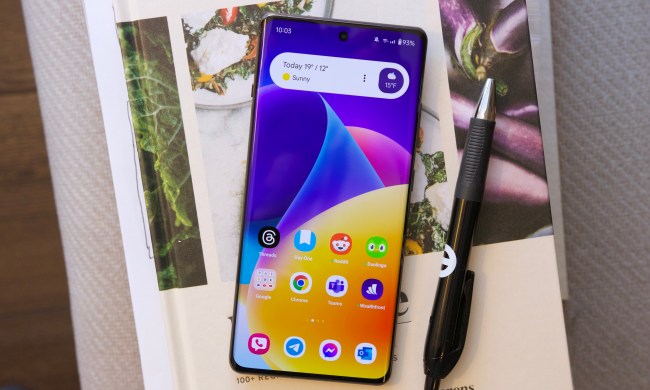
In a surprise move, AT&T has purchased 12 MHz of radio spectrum in the hot 700 MHz band from Aloha Partners for about $2.5 billion in cash. AT&T’s purchase covers licenses for about 200 million Americans in 281 markets, including 72 of the to 100 markets and all of the top 10 markets in the United States.
The 700 MHz band is currently the subject of an FCC spectrum auction, currently scheduled for January 28, 2008. The wireless industry—and the FCC—hope that bidders on the spectrum will use it to deploy nationwide wireless broadband technology, enabling the U.S. to catch up with other regions (like Europe, Japan, and South Korea) where wireless broadband service is already well-established. Internet titan Google has been an unexpected player in the maneuverings leading up to the spectrum auction, lobbying hard for openness requirements which would prevent winners from locking their portions of the spectrum to particular technologies or applications. In response to openness concerns from Google and others, the FCC issued a compromise which mandates some openness requirements in portions of the spectrum, but not others.
AT&T’s purchase of spectrum from Aloha Partners (who bought the spectrum during previous auctions in 2001 and 2003, but hasn’t significantly utilized the licenses) changes the game plan for all potential bidders in the upcoming 700 MHz auction. The spectrum has been broken down into two 6 MHz A and B blocks, and a larger 11 MHz C blocks that comes with the FCC-mandated open access requirements. With its 12 MHz purchase from Aloha, AT&T is likely to focus on filling geographic gaps and supplementing its existing licenses with strategic purchases in the A and B blocks, while perhaps sitting out the C block auction entirely.
This may make more room for a player like Google in the C block option, but also means telecom players like Verizon may think twice about whether they want to win the C block, since AT&T will be able to deploy wireless broadband across a wide swath of the market and tie those services to AT&T-specific devices and services, whereas the C block winner will be required to provide open access to some other providers, devices, and services, which will make it more difficult to compete with AT&T.


